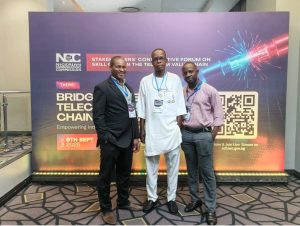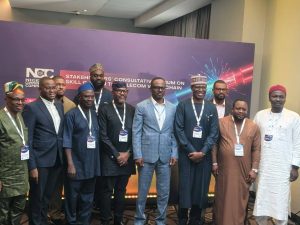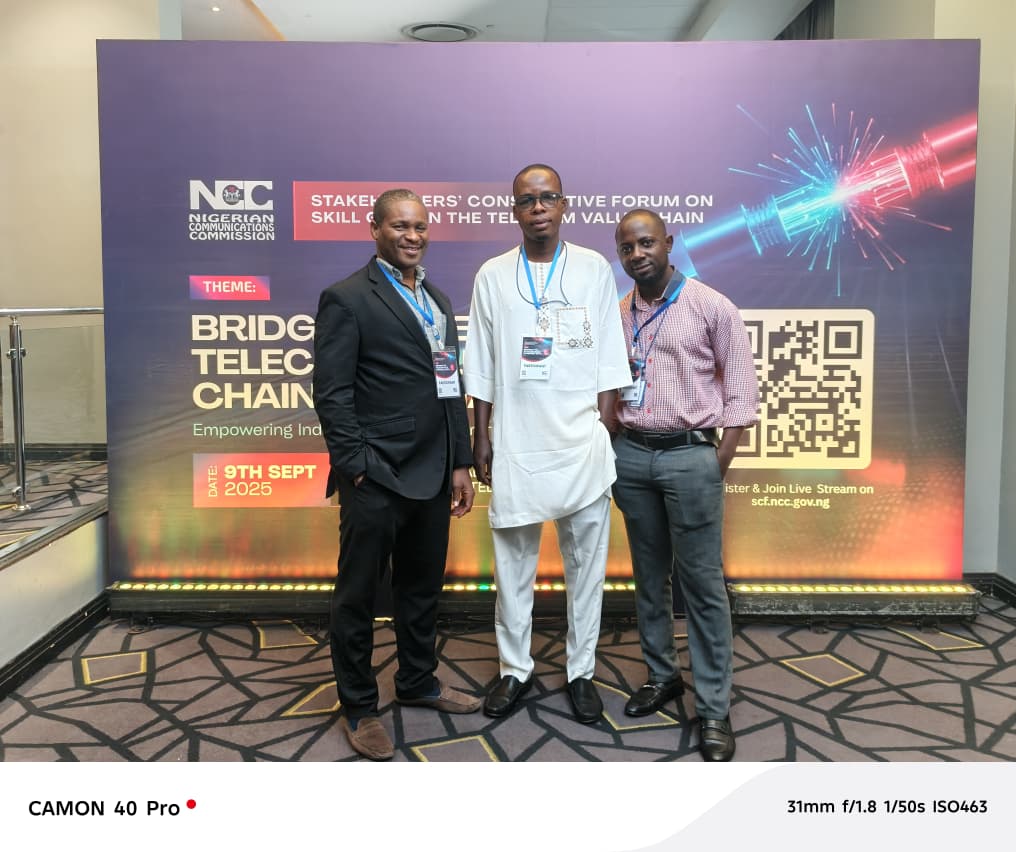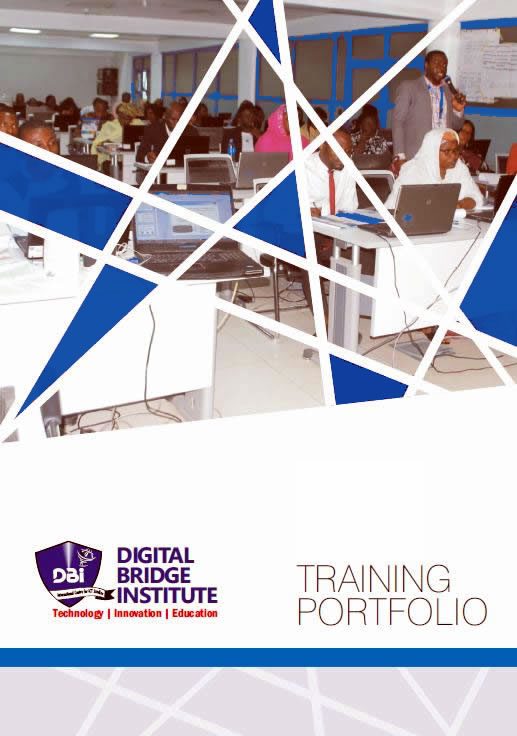

Stakeholders in the Telecom and ICT sector have called on the Federal Government to strengthen the Digital Bridge Institute (DBI), and widen its scope and mandates.
This, according to some experts, who spoke at a Stakeholders’ Consultative Forum on Skill Gaps in the Telecom Value Chain, would fully address the issue of skill gaps in the industry.
They suggested that the DBI should be more empowered, funded, scope and mandates expanded to integrate more practical training; rather than establish a new National Telecom Academy.
The Forum, themed: “Bridging the Telecom Value Chain Skill Gap: Empowering Indigenous Talents for Industry Growth,” was organized by the Nigerian Communications Commission (NCC), in Lagos.
It brought together key stakeholders across the Telecom ecosystem, including operators, academia, regulators, manufacturers, start ups, development partners, government agencies, state-level representatives and others.
The Vice President, Nigeria Infrastructure Fund at the Nigeria Sovereign Investment Authority (NSIA), Mr. Abraham Durosawo, said the mandates and scope of the DBI should be looked into and expanded. He added that this would definitely address some gaps noticed in the Telecom market.
According to him, the DBI has done excellently well, but needed to be strengthened further.
He suggested that DBI shareholders to be expanded, while more investors who have the capital and are interested in the industry should be brought on board.
Mr. Durosawo differed; and kicked against establishing a new National Telecom Academy, when the DBI can be strengthened, expanded and well funded.
He further argued that the solution to addressing noticed widening telecom skill gaps in Nigeria lies in strengthening the DBI, rather than establishing a new National Telecom Academy.
He said: “The mandates and scope of the Digital Bridge Institute should be looked at and expanded to contain some of the gaps we have seen in the market. It has done an excellent work, we just need to strengthen it.
“The shareholders of DBI should be expanded, we need to bring in investors, who are thinking of long-term investment, who have the capital and who are interested in the industry to come on board. I also want to encourage those in the industry to also be shareholders there (DBI).
“The last one is around the investments. Speaking of academy, I want to differ. Why do we need a National Telecom Academy when we can strengthen the DBI.”
Other speakers at the forum include the President of the ATCON, Tony Izuagbe Emoekpere; the Chairman of ALTON, Gbenga Adebayo; and the
NCC’s Director of Technical Standards and Network
Integrity, Mr. Edoyemi Ogoh, who represented the Executive Vice Chairman of NCC, Dr. Aminu Maida.
They all agreed that skill shortage was one of the most pressing challenges across Nigeria’s digital economy.
“Our industry faces a shortage of skilled professionals in vital areas including RF engineering, fiber planning, cybersecurity, data center operations, and project management,” Mr. Emoekpere, the ATCON President said.
Also, Mr. Adebayo, the Chairman of ALTON), who stressed the need for mid-level skills, said the DBI should integrate more practical training, with operators sponsoring campuses, offering scholarships, certifications, and job pathways to strengthen retention.
He added, “these so-called small skills are critical. In four years, I lost 12 skilled technicians in my company to Canada, Germany, the U.S, and the UK. It’s not just about training them, but retaining them with better incentives and social guarantees.”
The forum emphasized that addressing Nigeria’s telecom skill gaps is central to sustaining growth, reducing dependence on foreign expertise, and ensuring the country’s competitiveness in the global digital economy.

